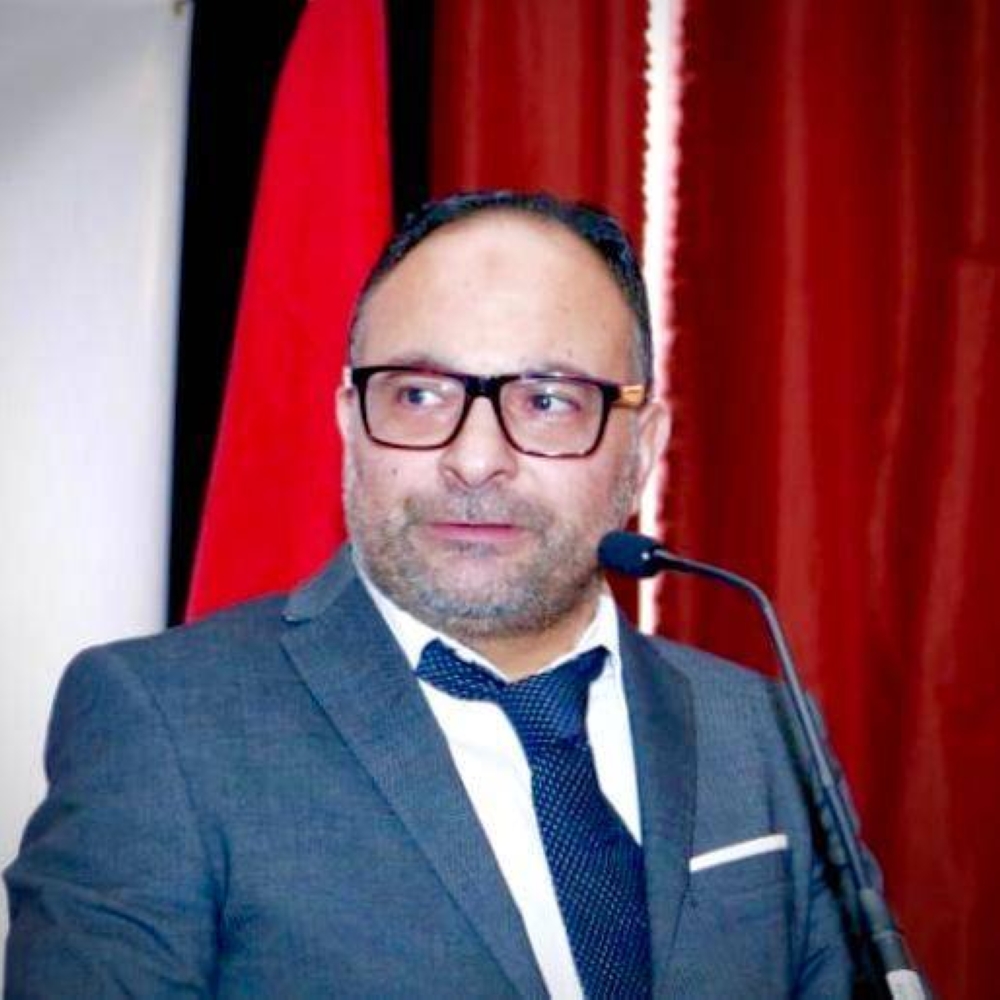Football has been a unifying force across time and space, bringing together fans from all over the world to share a common love. It strengthens ties among nations and promotes co-operative growth on a global scale. Every four years, the FIFA World Cup has been instrumental in the development of infrastructure and the advancement of foreign policy goals for countries that have hosted it.
Qatar is no different. The country, now led by His Highness the Amir Sheikh Tamim bin Hamad al-Thani, has been working hard to host the World Cup and transformed Qatar into a modern society and raised its standards of living. It is a historic event that the world’s most watched sporting competition is held in the Middle East for the first time. However, the hosting of the FIFA World Cup Qatar 2022 in Doha has been hampered by unprecedented smear campaigns pretending to defend human rights, some of which have been addressed while some of the criticism were simply ignored.
The false figure quoted by The Guardian in 2021 claiming that 6,500 migrant workers died in Qatar since the World Cup works started, and for which it apologised later, was discredited. Every work-related death is tragic, but the figures reported by certain media outlets went viral and were accepted as the truth, and have been overall unfair to Qataris’ vision and hard work. According to official figures, the overall death rate in Qatar is 0.3 per 1,000 people.
Nonetheless, the country acted on the demands of human rights organisations. It hosted an office of ILO in Doha, legislated a guaranteed minimum wage, enacted health and safety regulations for workers, eliminated the workers’ sponsorship system, and enacted a law permitting foreign worker mobility. Qatar officials announced that “any fan, of any gender, orientation, religion, race...they’ll all be welcome.”
This response is the result of the country’s young and thriving leadership, which aspires to become a global leader while preserving the values and culture of its people. The influence of a younger generation of Qatari leaders can be seen in the country’s ability to bring the World Cup to the Middle East, its resilience to a three plus years’ embargo, its international soft diplomacy in times of crisis, and its leadership in economic sectors such as global air transport. These young leaders are deeply committed to their country’s cultural and religious values. For instance, 27 year-old Qatari representative Essa Abdullah al-Malki was elected as the UN’s youngest diplomat in history at the International Civil Aviation Organisation.
The truth is that Qatar has been subjected to unreasonable slander and criticism. The international community did not hurl any reproach when Russia hosted the World Cup in 2018. The attempts to tarnish Qatar’s success are exaggerated, and went beyond simply holding the country accountable. While there is no room for human rights concerns, the World Cup has never been meant to dilute or wash away global cultures; rather, it is meant to celebrate them.
* Yasser M Dhouib serves as the executive director of The Canadian-Qatari Business Forum (CQBF) and as a consultant for Canadian foreign trade in the Gulf region. Yasser is also a member of the Canadian Observatory for Freedoms and Rights. Fellow of the Mackenzie-Papineau Think Tank.
Opinion
Western charges baseless, unfair to Qatar’s vision and hard work
Football has been a unifying force across time and space, bringing together fans from all over the world to share a common love. It strengthens ties among nations and promotes co-operative growth on a global scale. Every four years, the FIFA World Cup has been instrumental in the development of infrastructure and the advancement of foreign policy goals for countries that have hosted it.

Yasser M Dhouib
